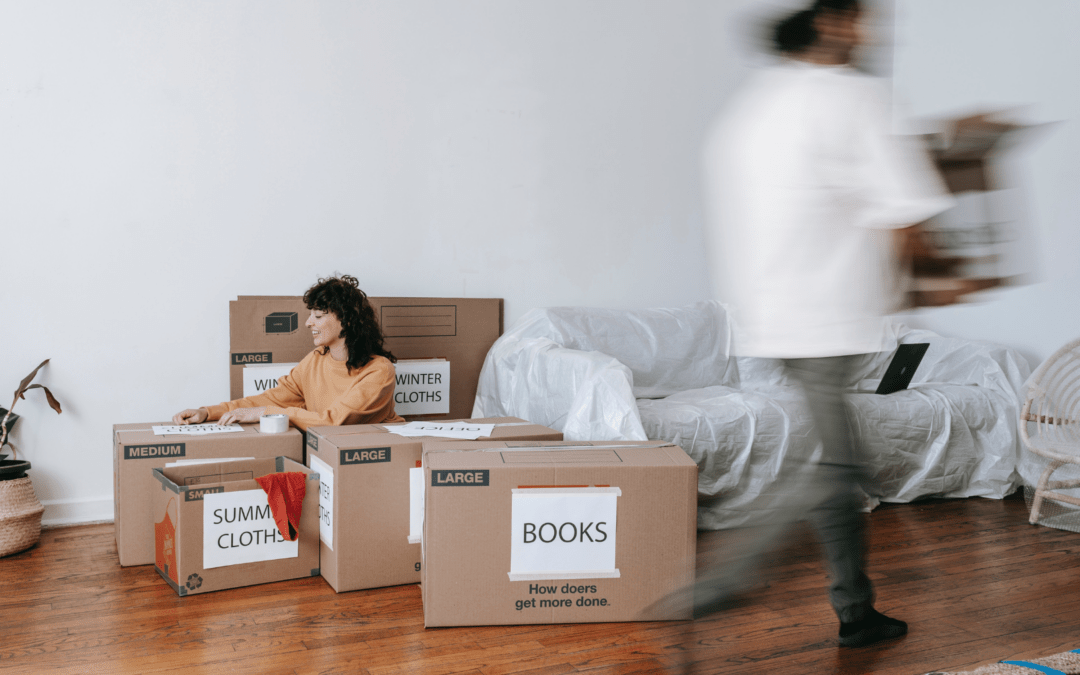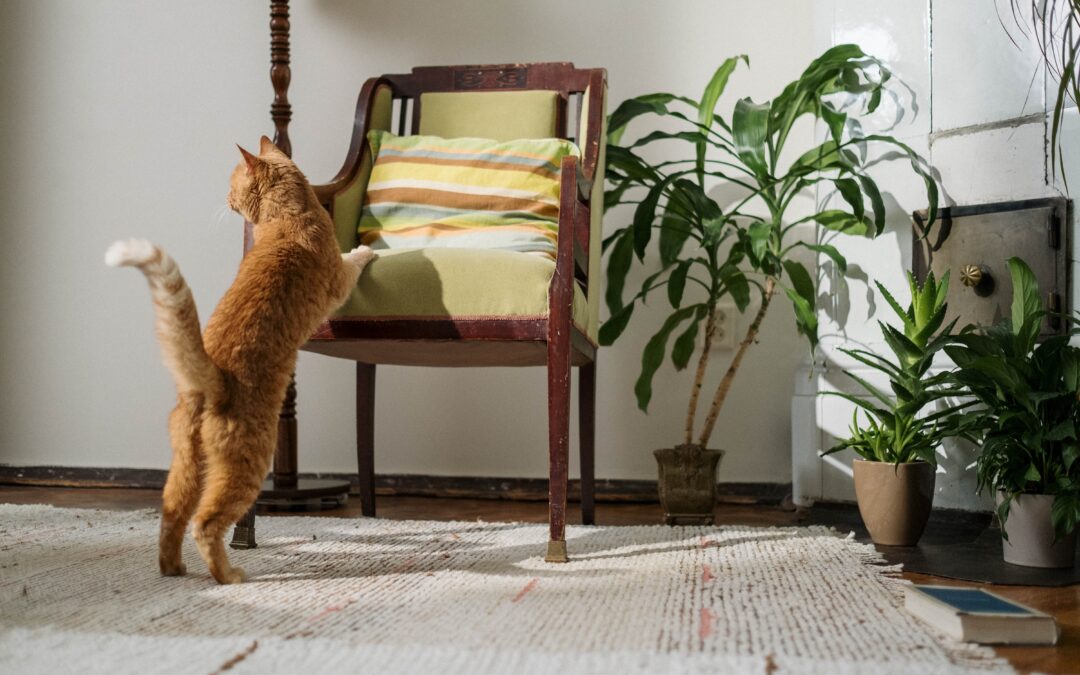If you plan to rent your next home, it’s important to have an understanding of what you’ll be responsible for in the property, along with the do’s and don’ts during your tenancy as policies can vary.
So, whether you’ve rented before, you’re just getting onto the property ladder or you’re looking for your next student home, we’ve compiled some of the important questions you shouldn’t forget to ask your landlord before renting a property…
When is the rent due?
This question is both practical and important. Knowing when the rent will be due each month will help you prepare your finances as much as possible so you can make the payment on the time.
Are bills included in the rent?
Bills aren’t always overseen by landlords and included in the rental payment for a property, so if this isn’t made clear in the property details, make sure you ask the landlord if bills are included in your rental payments or if you’ll need to organise these payments yourself.
If bills are included in the rental price, this can make your outgoings more streamlined, but if you’ll need to set up bill payments yourself, its best to get this organised as quickly as possible. It’s also useful to ask your landlord for an estimate of what monthly bills might cost at the property based on what they know about the running of the home and utility usage of current or previous tenants. This will allow you to budget more effectively and agree how bills should be split if you’re moving in with other people and need to take care of the payments yourselves.
How much is the deposit?
When showing interest in a rental property, knowing how much the deposit will be is key for making sure you’ve got your ducks in a row before proceeding so you can be ready to make the necessary payment when needed. It’s also good practice to ask how your deposit will be protected by your landlord, asking for these details will make sure you’re clear on all you need to know before beginning your tenancy.
How long is the rental contract?
As well as making sure you know how long the tenancy agreement is, whether it be 12 or six months for example, it’s also worth getting an understanding of what the process would be at the end of your tenancy if you wanted to renew the contract or if you wanted to move out before the agreement is up.
How energy efficient is the property?
The more energy efficient your property is, the more likely you are to save on your bills every month. The EPC (Energy Performance Certificate) rating of the property will give you a good understanding of how efficient the home is but there’s always the possibility that your landlord could put things in place to make changes and improve energy efficiency, so it’s a good idea to discuss this with them.
Can I rent with a pet?
The policy on pets varies between landlords and between properties, so if you have a pet or are considering welcoming a new furry friend into your home, be sure to ask if pets are allowed to avoid any potential issues. Read more about renting with pets here.
Is there designated parking and does it have to be paid for?
Depending on the property, there might be allocated parking for residents. For example, if you’ll be renting in a block of flats, there might be a car park, so asking how many spaces are allocated to the property and if these need to be paid for or renewed is important if you have a car or company vehicle. If your property doesn’t have a driveway or a residents car park, there might be space to park on the road but in some cases, there may be restrictions or a permit might be needed. To make sure you’re aware of your parking options, this is a good topic to cover with your landlord ahead of time.
Is the property furnished?
This might seem like a silly question, right? If you go to view a property and it’s fully furnished, it would be fair to assume you’ll be getting the furniture that’s laid out in front of you, but this isn’t always the case, so it’s important you ask this question if the detail isn’t specified in the listing. It can sometimes be the case that a home will be fully or partly furnished or not furnished at all. Each option can have its benefits, but if you have a preference it might be worth sharing this with your letting agent while you’re still searching for a property.
Once you find a home you love, be sure to double check the furniture agreement with the landlord so you can prepare for moving in and know if you’ll need to make your own furniture arrangements.
If you have your own furniture that you’d like to bring into a home that’s already fully furnished, asking the landlord whether some of the furniture that came with the property can be put into storage during your tenancy may be a good idea so you can come to an agreement that works for you both.
What’s included in the inventory?
Once you know how much furniture comes with the property, it’s worth asking for a full inventory of the home that’ll be provided by the landlord. Is there a dishwasher included? How about a washing machine and drier? Are smaller appliances and household goods such as a kettle, iron and broom included?
Having a copy of the full inventory won’t only allow you to prepare for what you’ll need to supply for yourself when moving in, but it’ll also mean you can account for any supplied items and make sure everything that was provided is given back if and when your tenancy is over and you choose to move out.
Are there restrictions on redecoration?
We all want to put our own stamp on our home, but in a rented property there might be restrictions on what you can and can’t do when it comes to decorating. Make sure you’re on the same page as your landlord and ask for the do’s and don’ts as far as decorating is concerned. For example, can you paint and hang things on the wall?
Depending on what you’re able to do, there are lots of ways you can personalise your new space without disrespecting the conditions of your agreement. For example, handy hanging strips are a great option for displaying things on the wall if you’re unable to use nails or drills. Most of the time, hanging strips can also be removed without marking the surface making them practical for not causing any severe damage. Soft furnishings and accessories can also bring a lot of personality and are a great way of being able to switch things up between seasons and as your preferences change without altering the property itself.
If you’re serious about moving, get started with your property search now and find the perfect rental home for you with OnTheMarket.
Content provided by OnTheMarket.com is for information purposes only. Independent and professional advice should be taken before buying, selling, letting or renting property, or buying financial products.






